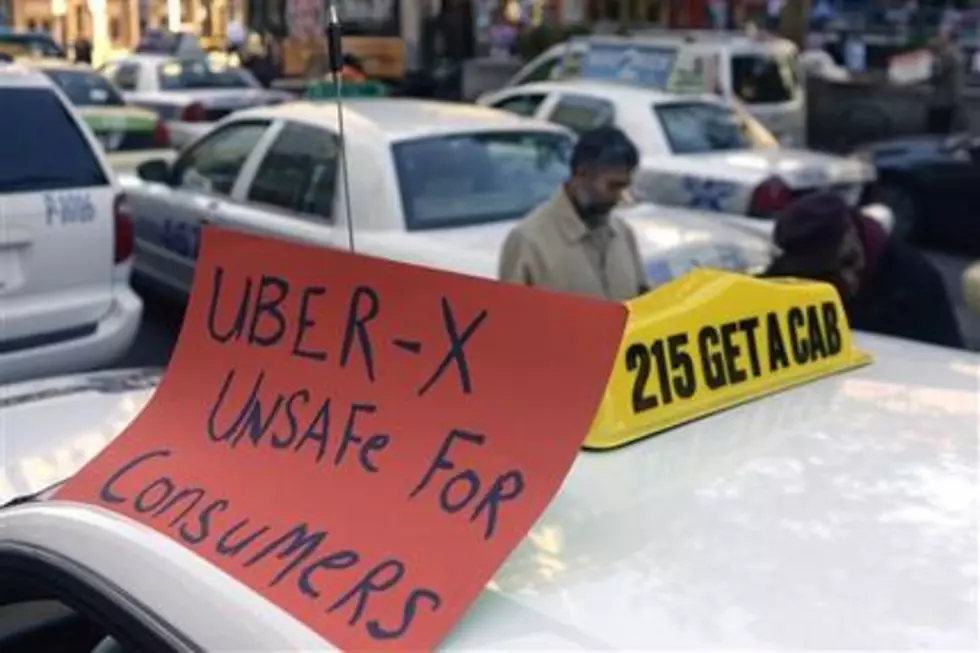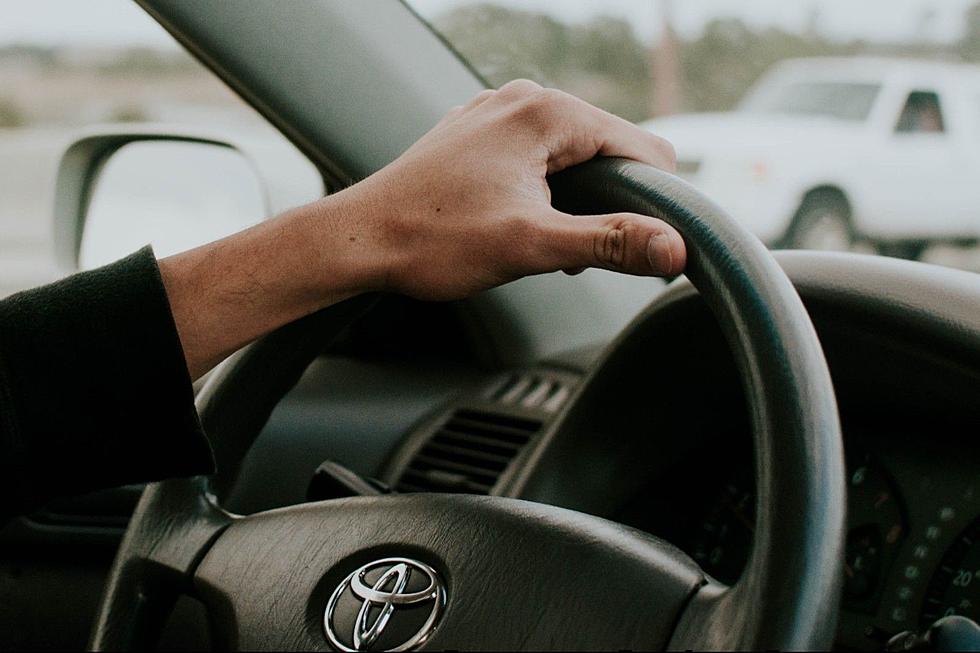
Uber X car service wins OK in PA, excluding Philly
PHILADELPHIA (AP) -- The ride-sharing service Uber X has won a conditional two-year license to match riders with personal vehicles throughout much of Pennsylvania.
The state's Public Utility Commission calls the experimental license Uber's "last chance" to comply with previously ordered safety and insurance rules.
Its 4-1 vote Thursday will allow the Internet-based service to provide cars in Pittsburgh and across much of the state. However, the license doesn't include Philadelphia.
The Philadelphia Parking Authority regulates taxi service there and has been sparring with Uber X drivers. The agency considers them unlicensed taxis and has been impounding the vehicles.
An Uber X spokesman did not immediately return a message Thursday.
PUC board member John Cawley agrees the taxi industry needs innovation but says that's no excuse to ignore the law.
THIS IS A BREAKING NEWS UPDATE. Check back soon for further information. AP's earlier story is below.
Uber X has received a rude welcome in Philadelphia, where a no-nonsense parking enforcement agency once featured in a reality TV series has taken the same hard line with the ride-sharing service, impounding at least 15 vehicles and slapping drivers with $1,000 fines.
The Philadelphia Parking Authority, which enforces parking laws and regulates tax service, has accused Uber X of operating a "hack" taxi service with unlicensed, unregulated drivers.
"Uber has no license to be here. They're operating as hack cabs," said the authority's director, Vincent Fenerty, whose ticketing, towing and booting employees were showcased in "Parking Wars" on the A&E cable network. "If the Legislature changed the law, where people could ride-share, and set the proper guidelines ... the PPA would abide by (that)."
The ride-sharing service began about four years ago in San Francisco and now says it operates in 230 cities worldwide.
It has muscled its way into the market long-dominated by taxicabs, sparking controversy and various levels of opposition in cities from Washington, D.C., and Chicago to Milan and Berlin. Regulators are trying to decide how, or if, the company should operate while the taxi industry seeks to protect drivers' livelihoods.
The state's Public Utility Commission was expected to vote Thursday on Uber X's application to operate in other parts of Pennsylvania on a two-year "experimental" license. The designation is meant to address new ride-sharing platforms hosted by Uber, Lyft and others.
Uber spokesman Taylor Bennett called Uber a technology company, not a transportation company.
"The rules and regulations out there, they were built decades ago," Bennett said. "We've been trying to craft new regulations that actually apply to this business model, that welcome more choice into the city, and give people opportunities to start their own companies."
Riders use Uber's smartphone app to seek out independent drivers using their own cars. Uber does not own the vehicles or employ the drivers but instead "partners" with them and takes 20 percent of their earnings.
The Uber X service started in Philadelphia in recent weeks despite failed talks to win approval from Fenerty's agency. Uber has been paying the drivers' fines, Bennett said.
"Uber Black" and "Uber SUV" drivers have been operating legally with limousine licenses for about two years in Philadelphia, Pittsburgh and elsewhere.
"The cars I've been in have been immaculately clean," Philadelphia lawyer Richard J. Fuschino Jr. said. "It was cheaper, and cleaner and nicer."
The statewide Uber X application has attracted fervent opposition from the state's taxi industry and others. Administrative law judges reviewing the file for the PUC recommend that the board reject the experimental license, citing safety and insurance concerns.
Uber X "has failed to propose adequate insurance, education and training for (its) drivers, its passengers and the general public, and it leaves unanswered several crucial insurance-related issues," law judges Mary D. Long and Jeffrey A. Watson wrote in a lengthy opinion.
Uber insists that its drivers go through thorough background checks, and that it offers passengers $1 million insurance coverage per ride.
The company's fluid pricing plan is another source of concern and occasional ire. Prices surge at peak times, such as during snowstorm or outside an NFL arena after a game - occasionally leaving riders on the hook for hundreds of dollars for even short rides.
Bennett said that is an "incentive for more drivers to get out and meet that demand. That brings prices down to normal levels. It's purely supply and demand."
More From New Jersey 101.5 FM









